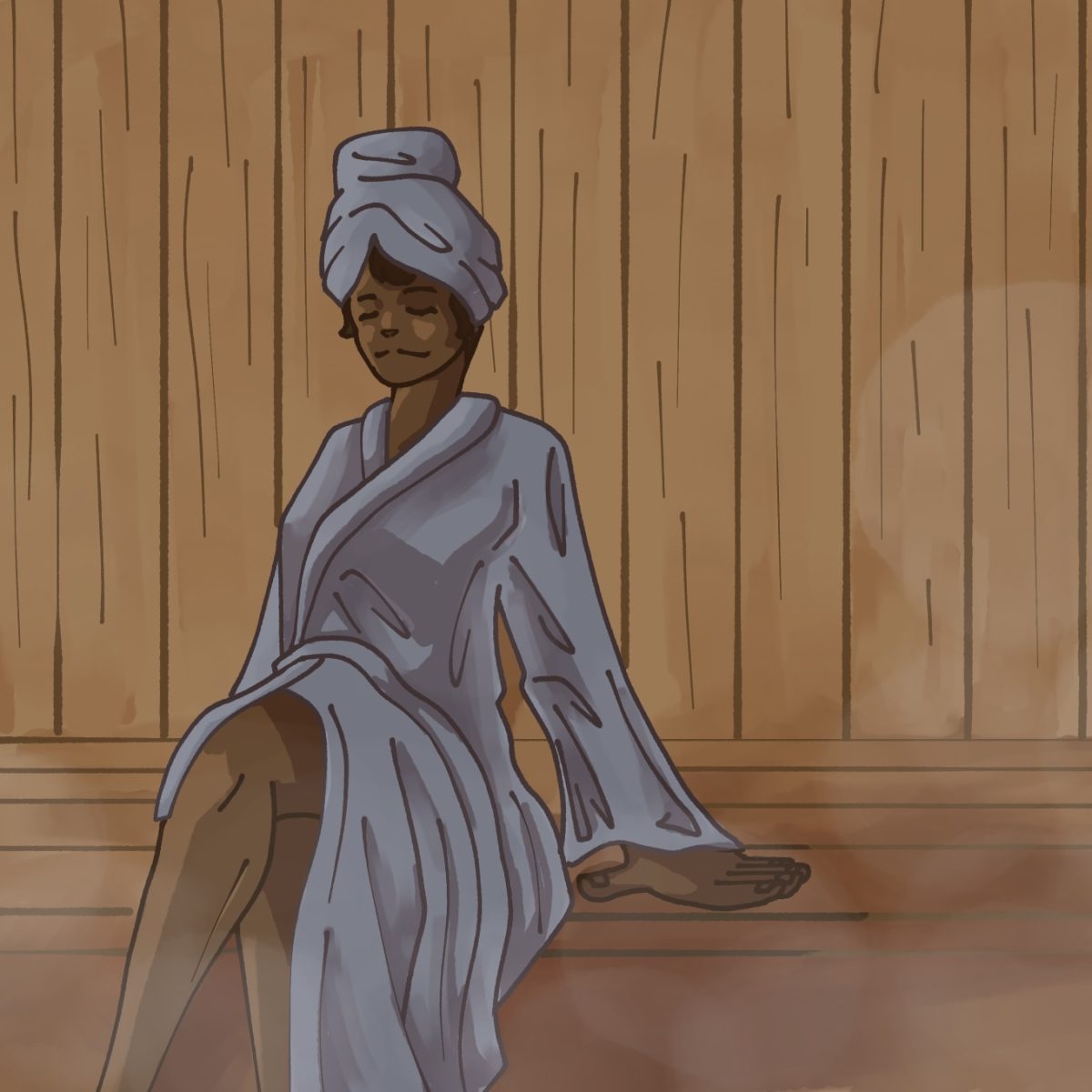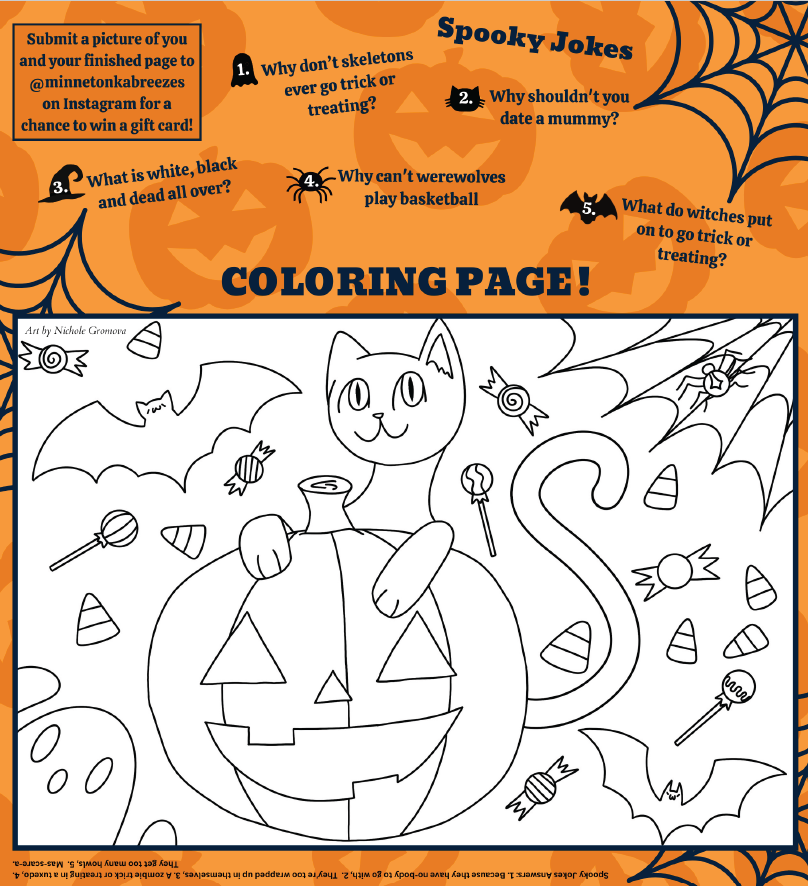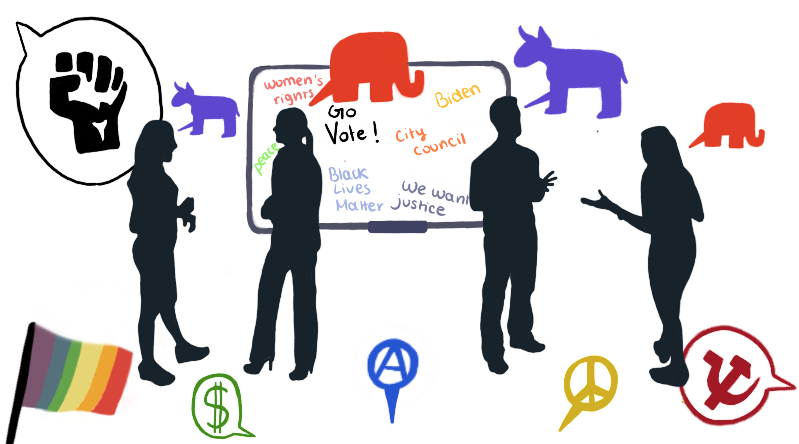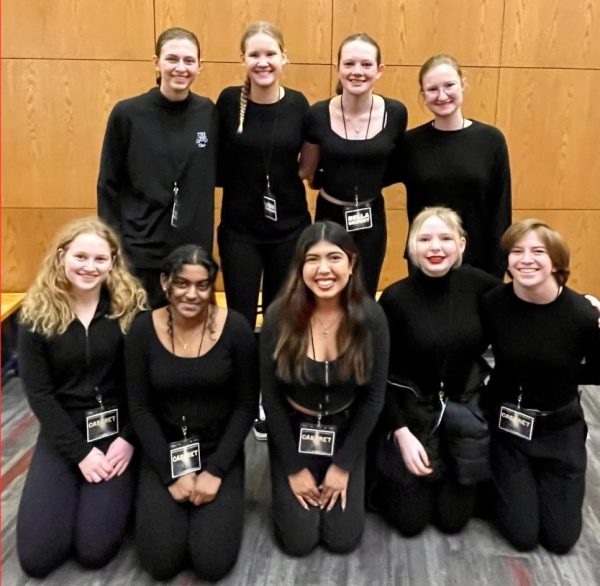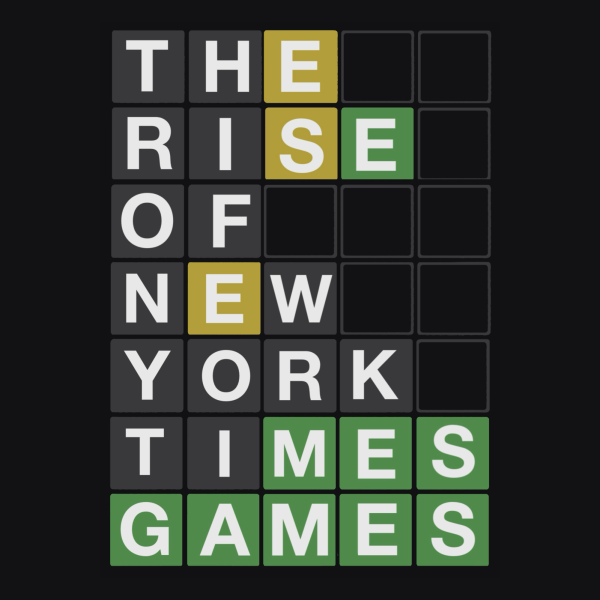How Election Stress Impacts Students
December 3, 2020
This year’s election was unprecedented in nearly every aspect. Continued spikes in coronavirus cases nationwide left many voters questioning the safety of in-person voting. The Washington Post reported that votes by mail increased more than 200% since the 2016 election, with over 100 million ballots cast before Election Day on November 3rd.
The race between sitting President Donald Trump and President-Elect Joe Biden was extraordinarily close, decided by a matter of around 6 million votes and less than 4% of the popular vote. In battleground states like Georgia and Arizona, less than 15,000 votes decided the winner.
In an election where the popular vote is as close as this year, tension is bound
to arise on both sides. Election-specific stress was heightened due to the unique nature of the ballot counting process, which required nearly a week to declare a definite winner rather than the announcement being made late on election night.
This increase in stress trickles down and affects students of every age as
well.
In a poll conducted in early November, two-thirds of Minnetonka students responded that the election distracted or stressed them out “a lot,” with just under a fourth indicating it was at least “somewhat” a source of stress for them. Just 11% of surveyed MHS students said that they were not at all stressed or distracted by the election this year.
Matilde Vergara, a sophomore at Eden Prairie High School, admitted that during election week, “[she] was checking [the results] every ten minutes in class.” It greatly “increased [her] distraction level” and made it “way harder to focus on school [than usual].”
She recalled that November 3rd “was just a really anxious and stressful day,” and that “all [she] could think about was the election.”
Vergara also remarked that since her “family isn’t from the US [… the outcome of the election] was a really big deal [to herself and her family]” because of the uncertainty surrounding future immigration policies and each candidate’s views about people born outside the United States. Vergara said that her family was more on edge than usual as well.
Additionally, Vergara said that election stress even took a toll on her sleep patterns.
Vergara said she “woke up at least three times [on Tuesday night]” to check on the polls, and that she felt “restless” and “distracted” throughout the entire week. This heightened distraction seemingly impacted her academically as well, and she said that “had the election not been that day, [she] probably could have done way better” on a test than she did.
Margaret Weider,’22, explained a similar problem.
She said “it was much harder to concentrate in school and [she] felt [herself] falling behind.” Weider also said that “[her] anxiety was definitely heightened…and [she] noticed a physical change in [her] acne getting worse.” This anxiety, she added, “made it harder to sleep at night” and caused her “to skip meals and not eat as much,” a common reaction to intensely stressful situations like the one that played out on election night.
Weider expressed concern for the future, observing that “America is very divided and there aren’t a lot of people in the middle,” making it “hard to find middle ground.” This election was “very important to [her] because [she] is a member of [a minority community],” and the election itself felt like a “polariz[ing]” issue,” since the margin of votes was relatively close and each side has a unique agenda.
“There was so much on my mind…I was considering every outcome,” she said. “It was just really hard to stay focused overall.”
Nearly every student in November’s poll reported struggles similar to Weider’s and Vergara’s, but luckily, the election is over now. Joe Biden has been elected as the 46th president of the United States. Hopefully, since the election is finally finished, Minnetonka students can rest easy once again.


